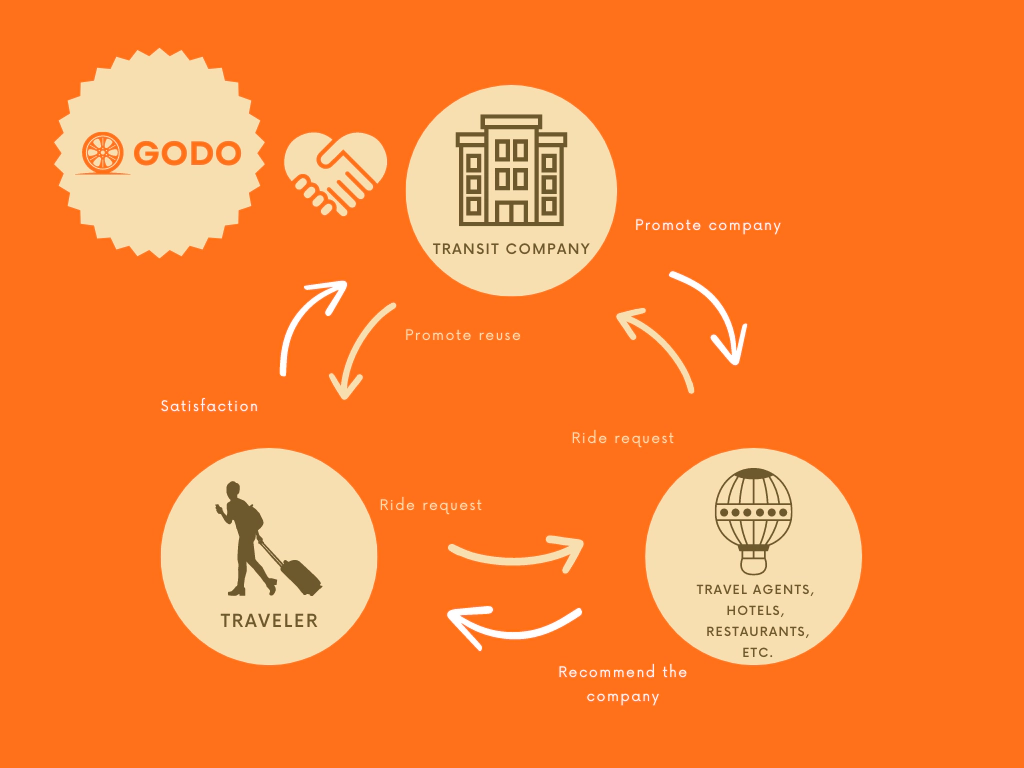Services
Service Overview
Japanese hospitality is recognized for its spirit of ‘Omotenashi.’ This philosophy emphasizes three key principles: kindness, attentiveness, and reliability. Those involved in providing service are trained to understand and respect these principles, ensuring customers are treated with the utmost care.
By acknowledging cultural and value differences and offering tailored service to the customer base, businesses can differentiate themselves from competitors, gaining both trust and profitability.
Through our service training programs, we aim to enhance the quality of customer service provided to your clients.

Japanese-Style Hospitality Service Training
Background and Importance
For tourists traveling abroad, public transportation such as taxis is a primary means of getting around. Increasing the number of users is crucial for ensuring revenue for taxi companies. Especially in tourist areas, securing usage from tourists can lead to increased revenue and profits. Therefore, creating a safe and comfortable environment for tourists should be considered a key element of the business strategy.
Advantages of Japanese-Style Hospitality
Japan’s concept of hospitality, which emphasizes respecting others and tailoring service to the customer, is highly regarded worldwide. In the taxi industry, it is essential to ensure passengers are not made to feel anxious by focusing on safe driving and delivering them to their destinations without causing discomfort.
Target Audience
Our services primarily target public transportation operators in international tourist destinations frequented by Japanese tourists. We offer training for drivers on customer service, guidance for managers on operational management, and assistance in developing sales strategies. This support helps operators establish a solid operational foundation and enables them to actively promote their services to local travel agents, hotels, and restaurants.
Training Program
Training Objectives
The goal of this consulting service is to improve the quality of customer service by providing training on Japanese-style public transportation services. This involves understanding and implementing these practices to attract more users and create opportunities for increased profits.
Specifically, we aim to achieve the following objectives:
- Improve customer satisfaction
- Enhance staff hospitality skills
- Increase transportation revenue
- Build customer loyalty
- Provide customers with satisfaction and memorable experiences through service
- Boost staff motivation
Training Concept
Customer service is a small change with a big impact
Our training program is built on four core concepts:
- Repetition - Solidify learning through repeated practice
- Understand - Deeply comprehend the essence of hospitality
- Realization - Recognize the necessity and practice proactively
- Purpose - Consider the meaning and objectives
Consider meaning and purpose → Realize the necessity → Understand hospitality → Solidify through repetition
This cycle enables continuous improvement in service quality.
Main Service Areas
1. Current Situation Analysis
We investigate customer satisfaction levels, staff hospitality skills, and competitive landscape to identify areas for improvement.
2. Improvement Proposals
Based on our analysis, we propose specific improvement measures including the creation of hospitality manuals and training programs to enhance service skills.
3. Staff Education
We provide training and guidance to improve hospitality skills, covering basic service manners, customer communication techniques, and important points for safe driving.
4. Customer Service Guidance
We provide guidance on appropriate language and responses for drivers when serving customers.
5. Effectiveness Measurement
We measure the effectiveness of implemented improvements and provide feedback for continuous enhancement.
6. Additional Services
We conduct customer surveys, collect hospitality-related information, analyze the latest service trends, and propose tools and systems to facilitate smooth customer communication.
Training Flow
Opening
The training begins with videos of tourist taxi and tour bus transportation, followed by instructor self-introduction.
Understanding Hospitality Service Fundamentals
- What is hospitality service
- Service industry practices in Japan
- Relationship with customers
- Importance of hospitality
Driver Service Training
- Understanding basic actions
- Role-playing exercises
- Practical guidance
Management Training
- Methods to increase business revenue
- Importance of operational and maintenance management
- Maintaining service quality levels
Closing
As a summary of the training, we conduct a review of learned content and set goals for future implementation. We provide time for participant Q&A sessions and develop action plans for continuous improvement.
Training Schedule
| Day | Content | Duration |
|---|---|---|
| Day 1 | What is service? | 6 hours |
| Day 2 | Understand what you do | 6 hours |
| Day 3 | Repetition and confirmation | 3 hours |
Training Fees
| Plan | Description | Price |
|---|---|---|
| 3-Day Training | Complete program | ¥300,000 |
| 1-Day Training | 6-hour course | ¥100,000 |
| Half-Day Training | 3-hour course | ¥50,000 |
| Consulting Package | 3 months (monthly) | ¥200,000/month |
Additional Costs
- Travel expenses (transportation and accommodation)
- Interpreter arrangement fee
*The above costs are billed separately.
Expected Benefits
Through our training program, the following benefits can be expected:
- Improved Customer Satisfaction: Implementation of Japanese-style hospitality service leads to higher customer ratings
- Increased Repeat Usage: High-quality service improves customer loyalty, leading to continued usage
- Word-of-Mouth Effects: Satisfied customers generate positive word-of-mouth, helping to attract new customers
- Enhanced Profitability: Increased user numbers lead to improved business profitability
- Competitive Advantage: Differentiation from competitors strengthens market competitiveness
Through our training programs, we support the sustainable growth and development of overseas public transportation operators. For detailed consultations and quotations, please feel free to contact us.